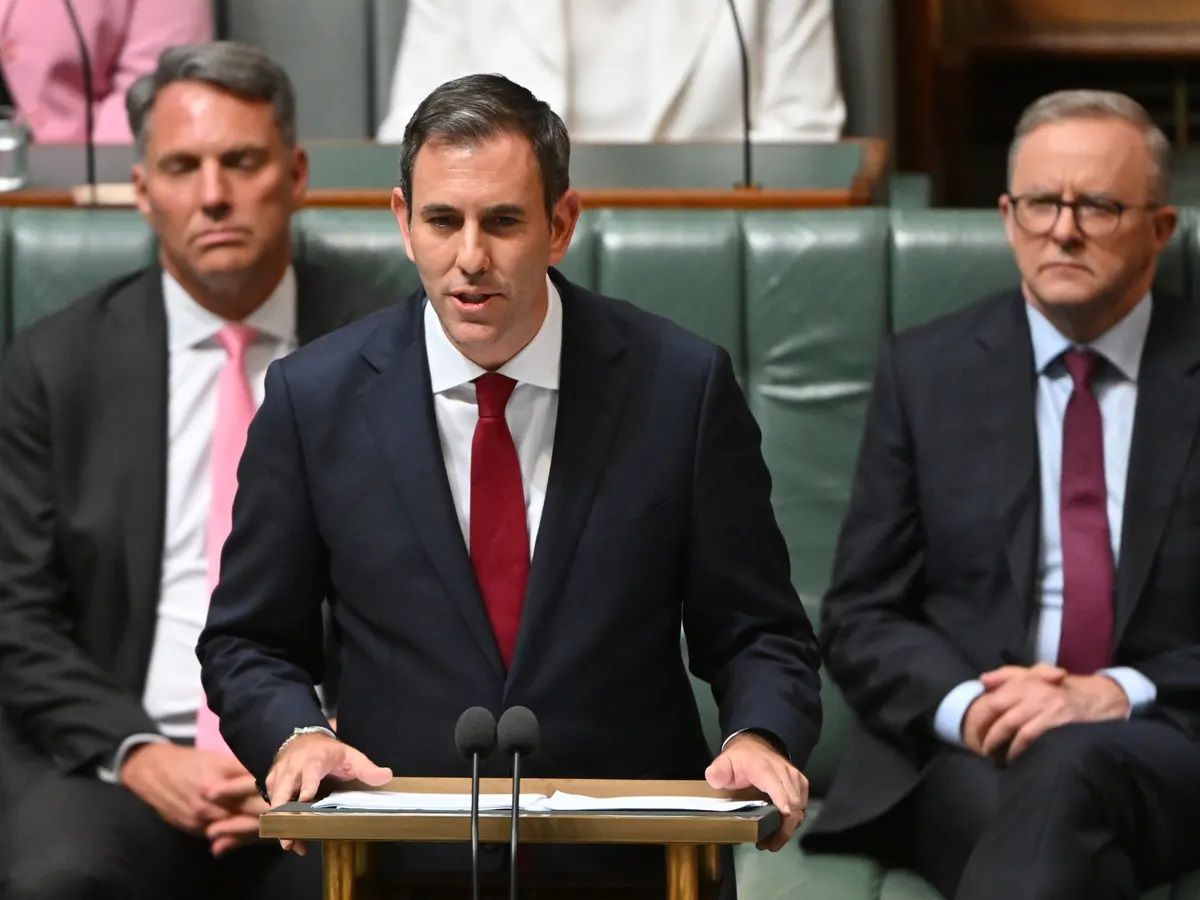Low interest rates have been a mainstay since the global financial crisis of 2008. When the pandemic hit, Governments pushed stimulus measures through the economy and central banks reduced interest rates even further.
Coming out of COVID, housing market demand was strong and prices boomed but at the same time, supply chains remained restricted and the problems amplified by geo-political tensions increasing input costs. Supply could not keep up with demand to support the recovery, pushing inflation higher and broader than expected for a longer period of time. To control inflation, central banks have responded by tightening monetary policy and lifting interest rates. But the good news is that inflation is likely to ease.
Inflation in the US has started to decrease from a high of over 9% in June 2022 to 7.7% in October, suggesting that interest rates may not rise as high and as aggressively as expected.
Similarly in Australia, the Reserve Bank of Australia (RBA) Board raised the cash rate by 0.25% to 2.60% at its October 2022 meeting, a lower increase than many expected. The lower than expected rise suggests that inflation pressures, particularly wages growth, will be more subdued in Australia than overseas. Comparatively, Australian households are more sensitive to interest rates with more than 60% of mortgages variable rate loans. This is unlike the US where most borrowers are on 30-year fixed loans.
The increase in interest rates is starting to take effect helping to restore price stability. However, in its statement, the RBA said that it will be a challenge to return inflation to 2-3% while at the same time “keeping the economy on an even keel”. It concluded the path to achieving this balance is “a narrow one and it is clouded in uncertainty”.
In housing, the correction in house prices deepened and broadened across Australia, with capital city prices falling by 1.4% in September 2022, rounding out a 4.3% decline over the third quarter. Housing finance approvals also continued to mirror the broader correction to date, with further declines across investor and owner-occupier loans.
So, where does all of this leave us? Inflation will stay higher for longer than originally anticipated. As a result, interest rates are expected to continue to increase, albeit at a slower rate, with the RBA resetting their view along the journey. Economists are predicting that the cash rate will increase to somewhere between 3.10% and 3.85% in the first half of 2023 and then remain stable until early 2024 before RBA policy pivots and interest rates lower in early 2024.
Canstar analysis suggests that a 3.85% cash rate translates to an average variable rate of 6.73%. The difference between a 5.73% variable rate mortgage and 6.73% is $650 per month on a $1 million, 30 year mortgage.
If you have concerns about increasing interest rates and how they may impact you, contact your Aspen Corporate Advisor, we have strategies that can assist you.
Thinking outside the box.
Our thinking doesn’t
just deliver value.
It saves you time.
It’s more than just reducing expenses or helping you improve profitability today. It's about fast tracking your success by taking the time to build a shared vision of your best future. Backed with dedicated and unparalleled team industry leading expertise, empowering you with the tools and guidance to make informed decisions, streamline your financial processes, raise the bar on what’s possible and help you achieve your business goals more efficiently.
The most valuable thing to our success is you. The most valuable thing to you is time.
Where knowledge meets
understanding in tax solutions.

With 35 years of experience, we know that a good business stems from the roots; from our people.
We offer a unique combination of taxation, accounting, financial and advisory services tailored to the individual requirements of your business.
The contents of this website should be read in conjunction with the Terms & Conditions and Privacy Policy.
LIABILITY LIMITED BY A SCHEME APPROVED UNDER PROFESSIONAL STANDARDS LEGISLATION
Liability Limited by a Scheme Approved under Professional Standards Legislation






